Saludos amigos usuarios
Al ir leyendo y disfrutando me encontré con trabajo de la amiga usuaria @rosahidalgo, en su post ella nos habla sobre ¿Qué es el perdón lo cual le dejo analizando largo rato.
En medio de ese pensamiento quise ofrecer mi punto de vista, cada quien tiene la suya en base a sus creencias o vivencias.
Para disfrutar de estos temas y compartir los tuyos no dudes en hacerlo por la comunidad de @holos-lotus
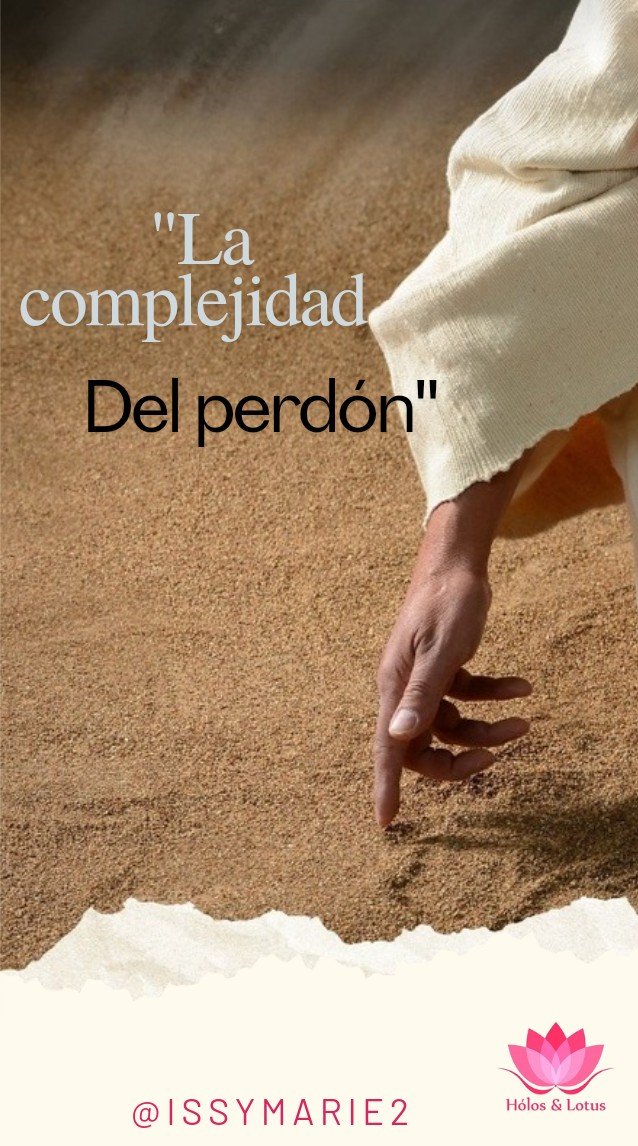
“Aquella palabra acompañada de un acto, uno que refleja la altura de miras de la persona afectada, un cambio de mejilla y hasta quizás un borrador de un acto de dolor”.
Cómo bien dice la frase “errar es humano y perdonar es divino”, claro está que todos nos equivocamos, nadie es perfecto, no somos máquinas programadas, somos todo lo contrario, erramos en más de una instancia, sin embargo en ocasiones el acto de equivocarse pasa a disfrutarse o por lo menos eso parece.
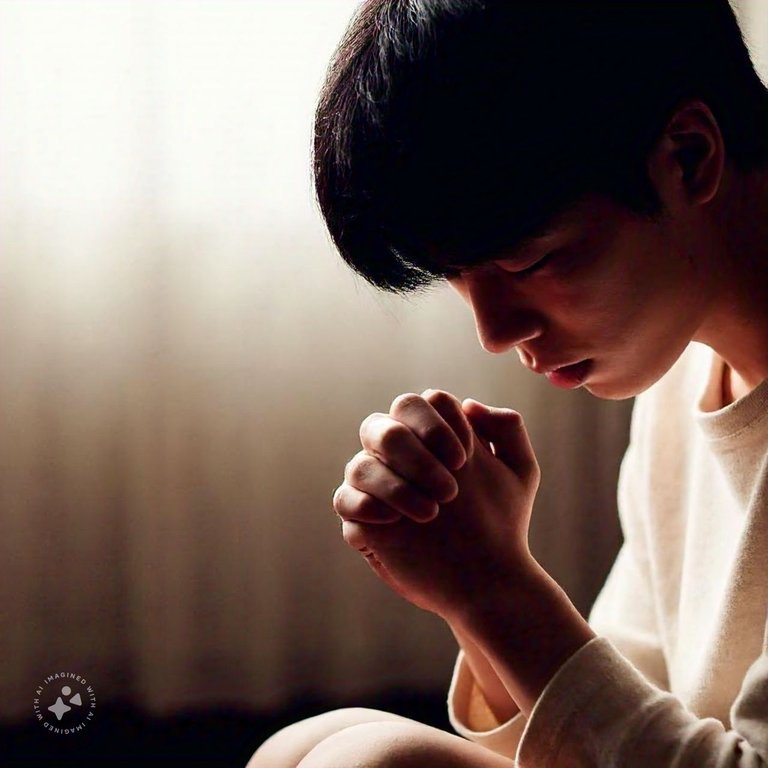
Por otro lado, a mi modo de ver, no somos quienes para perdonar, valga la redundancia, no somos “divinos”, somos meros mortales, bajo ese punto es que pienso que uno debe “disculpar” el acto de agravio hacia nosotros, más no perdonarlo, esto por lo antes ya mencionado, no es un acto de rebeldía, sino por sentir que él único que debe perdonar es Dios.
Los actos de agravio pueden ser tanto físico como emocionales, en la primera infancia estos actos no suelen ser con malicia, son niños equivocándose, sin embargo en ese punto entramos los padres, explicarles que han hecho algo que no debía ser y que pidan las disculpas pertinentes, jamás escudar la acción bajo la frase “son juegos de niños” ya que estos actos suelen causar tristezas qué no siempre se entienden.
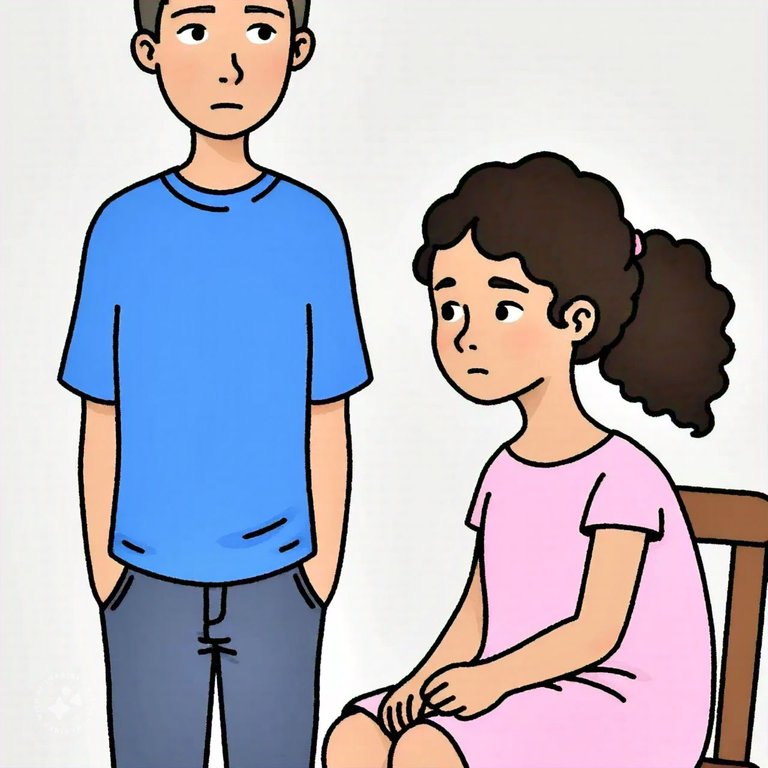
Cómo dije más arriba, hay veces en que estos actos parecieran ser disfrutados, pero ahí entraríamos a otro tema, siendo realistas hay algún puñado de personas, aquellas que tienen ese dejo de maldad, aquella con la que gozan, mismas personas que se victimizan, quien quita y guardan sus propios traumas, mismos que buscan aminorar dañando a un tercero y así sentirse “mejor”.
En el afán de perdonar, damos reiteradas oportunidades al cambio, muchas veces no lo hacemos por ellos, lo hacemos por nosotros, por pensar que quizás podemos lograr un cambio, en ocasiones funciona y otras no, y es ahí donde el dolor surge, crece como masa, misma a la que le agregaste esa levadura llamada “perdón”.
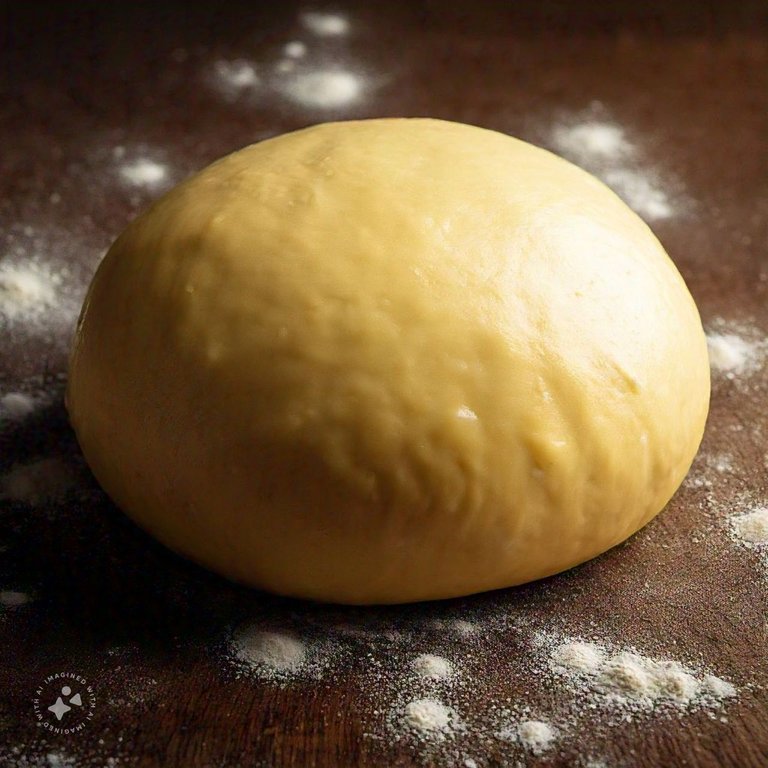
Y así como hay quienes gozan con dañar, hay otros que gozan con ser dañados, los “sumisos” terminan siendo “masoquistas” por propia voluntad, los mismos que se culpan por el comportamiento del otro, y esto regularmente se ve en las relaciones amorosas y de familia, mismas denominadas como tóxicas.
En mi paso en la vida, mi postura ante el perdón ha ido variando de tanto en tanto.
En un inicio fui la que ponía la otra mejilla, aquella que se culpaba por los enojos de terceros hacia mi, en mi mente siempre era quien tenía la culpa, cuando esto ni siquiera era así, una realidad tergiversada qué no reflejaba la verdadera realidad.
Luego está errada postura cambió, comencé a respetarme y hacer valer mi opinión, claro está que no siempre tenía la razón, pero siempre he sido de aquellas que reconocen en lugar de jactarse de ser perfecta.

Fue ahí que dejé de sentir que todo era mi culpa, me pidieron disculpas muchas veces, mismas que las acepté, sin embargo hay una verdad latente, una que no muchos admiten, quizás tú tampoco lo hagas, así mismo como lo hacía yo.
En medio de disculpar esta el rencor, es normal, es humano, es válido, a veces nosotros mismos nos decimos frente al espejo, “soy rencorosa”, aparte de esto hay algo más, el “orgullo”, ese qué nace impidiendo pedir esas disculpas, quizás por vergüenza o no dar el brazo a torcer.
Aprendí a disculpar, ¿pero de qué forma? Existen dos formas de disculpar o perdonar, una de ellas es de corazón y la otra es de palabra, mientras una la sientes la otra es una falsedad del momento.
He disculpado tantas cosas que podría hacer una lista, una tan enorme que quizás podría ser el camino amarillo de el mago de Oz, sin embargo esto no quiere decir que olvide el daño, y aquí quiero recalcar, no es por rencor y la disculpa entregada fue de corazón, sin embargo aquellas palabras hirientes vinieron de quienes jamás lo pensé, personas que debían protegerme y no lastimarme con palabras aniquilantes.

Las palabras duelen más que un golpe, este se pone morado, luego su tono se atenúa y lentamente desaparece al igual que ese dolor, las palabras se clavan en tu alma, en tu cabeza y cuando piensas que estaban superadas, emergen como la lava furiosa de un volcán dormido.
Perdonar o disculpar es difícil, en medio está el dolor, las lágrimas, el agobio y la congoja, la mente rota al igual que el corazón, por eso debemos analizar nuestras palabras y actos, no hablar en medio de la ira, ya que está escupe su veneno como si fuese una víbora.

Ofrecer una disculpa debe ser un acto de arrepentimiento, porque sentimos que nos equivocamos, porque nos damos cuenta del error, porque reflexionamos internamente y sentimos que cometimos un grave error.
Disculpe palabras, actos, ofensas e injurias, no soy una mártir, soy humana, me he equivocado y con la cabeza en alto y con la vergüenza del momento y llena de humildad pido una disculpa sincera, y es que para pedir perdón hace falta eso, la humildad en cada palabra que ofrezcamos a quien dañamos.

Cuando logramos hacerlo y pedimos esas disculpas de forma humilde y sincera liberamos esa carga, una que parece un puñal en el pecho, sin embargo el dolor que causamos por más disculpas qué pidamos debemos ser conscientes que jamás será olvidado, por más que nos disculpen en algún punto del inconsciente estará esa ofensa que nació en medio de un enojo ya sea justificado o injustificado.
English
Greetings user friends
As I was reading and enjoying I came across the work of user friend @rosahidalgo, in her post she talks about What is forgiveness which I left her analyzing for a long time.
In the midst of that thought I wanted to offer my point of view, everyone has their own based on their beliefs or experiences.
To enjoy these topics and share yours feel free to do so through the @holos-lotus community.
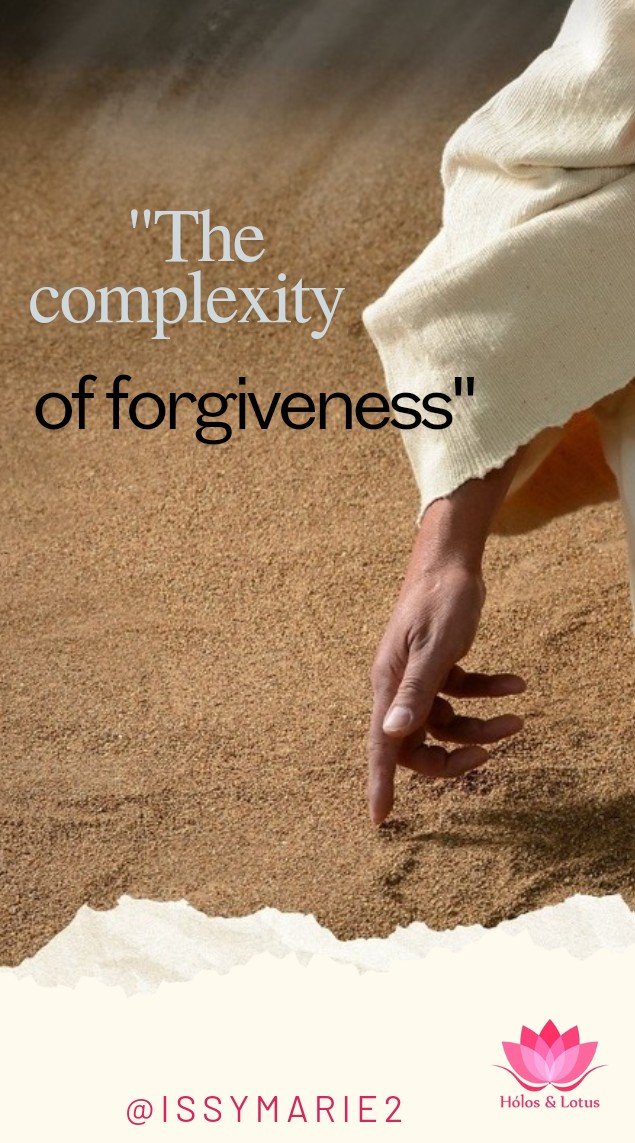
"That word accompanied by an act, one that reflects the height of mind of the person concerned, a change of cheek and even perhaps a draft of an act of pain."
As the phrase goes "to err is human and to forgive is divine", of course we all make mistakes, no one is perfect, we are not programmed machines, we are quite the opposite, we err in more than one instance, however sometimes the act of making a mistake becomes enjoyable or at least that's how it seems.

On the other hand, as I see it, we are not the ones to forgive, we are not "divine", we are mere mortals, under that point is that I think that one should "excuse" the act of offense towards us, but not forgive it, this for the above mentioned, it is not an act of rebellion, but to feel that the only one who should forgive is God.
The acts of offense can be both physical and emotional, in early childhood these acts are not usually with malice, they are children making mistakes, however at that point we parents come in, explain to them that they have done something that should not be and ask for apologies, never shield the action under the phrase "are child's play" because these acts often cause sadness which are not always understood.

As I said above, there are times when these acts seem to be enjoyed, but there we would enter another topic, realistically there are a handful of people, those who have that touch of evil, the one with which they enjoy, same people who are victimized, who remove and keep their own traumas, which they seek to ameliorate by harming a third party and thus feel "better".
In the eagerness to forgive, we give repeated opportunities to change, many times we do not do it for them, we do it for us, for thinking that maybe we can achieve a change, sometimes it works and sometimes it does not, and that is where the pain arises, it grows like dough, the same to which you added that yeast called "forgiveness".

And just as there are those who enjoy hurting, there are others who enjoy being hurt, the "submissive" end up being "masochists" by their own will, the same who blame themselves for the behavior of the other, and this is regularly seen in love and family relationships, same called as toxic.
As I have gone through life, my attitude towards forgiveness has varied from time to time.
In the beginning I was the one who turned the other cheek, the one who blamed myself for the anger of others towards me, in my mind I was always the one who was to blame, when this was not even so, a distorted reality that did not reflect the true reality.
Then this mistaken posture changed, I began to respect myself and assert my opinion, of course I was not always right, but I have always been one of those who recognize instead of boasting of being perfect.

It was then that I stopped feeling that everything was my fault, I was asked to apologize many times, which I accepted, however there is a latent truth, one that not many admit, maybe you don't either, just as I did.
In the middle of apologizing there is the bitterness, it is normal, it is human, it is valid, sometimes we say to ourselves in front of the mirror, "I am bitter", apart from this there is something else, the "pride", that which is born preventing to ask for those apologies, perhaps because of shame or not giving the arm to twist.
I learned to apologize, but how? There are two ways to apologize or forgive, one of them is of heart and the other is of word, while one you feel the other is a falsehood of the moment.
I have apologized for so many things that I could make a list, one so huge that perhaps it could be the yellow road of the wizard of Oz, however this does not mean that I forget the hurt, and here I want to emphasize, it is not out of spite and the apology delivered was from the heart, however those hurtful words came from those who I never thought about it, people who should protect me and not hurt me with annihilating words.

Words hurt more than a blow, it turns purple, then its tone dims and slowly disappears just like that pain, the words get stuck in your soul, in your head and when you think they were overcome, they emerge as furious lava from a sleeping volcano.
Forgive or apologize is difficult, in the middle is the pain, the tears, the burden and grief, the broken mind as well as the heart, so we must analyze our words and actions, not speak in the midst of anger, as it spits its venom like a snake.

Offering an apology should be an act of repentance, because we feel that we made a mistake, because we realize the error, because we reflect internally and we feel that we made a serious mistake.
I am not a martyr, I am human, I have made a mistake and with my head held high and with the shame of the moment and full of humility I ask for a sincere apology, and that is what is needed to ask for forgiveness, humility in every word we offer to those we hurt.

When we manage to do it and ask for those apologies in a humble and sincere way we release that burden, one that seems like a dagger in the chest, however the pain that we cause no matter how many apologies we ask for we must be aware that it will never be forgotten, no matter how much we apologize somewhere in the unconscious will be that offense that was born in the middle of an anger either justified or unjustified.
Las imágenes usadas fueron creadas en Meta IA y la portada fue creada en canva.

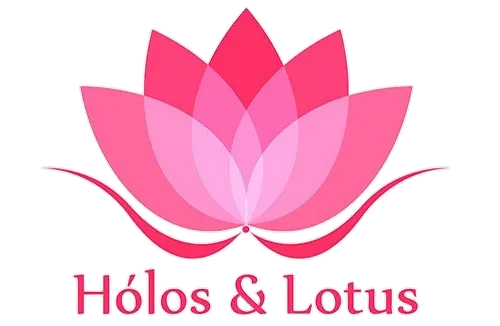
Lo que dices de que las palabras duelen mucho más que un golpe es totalmente cierto, el golpe al menos se va, pero eso que nos pudieron decir en algún momento se queda en nuestro interior, sanar eso es difícil más no imposible. Y claro, sucede lo mismo cuando somos nosotros quienes dañamos a los demás con esas mismas palabras hirientes, nunca hay que hablar si se está molesto, hay que cuidar mucho lo que se dice. Lo del dejo de maldad tiene que ver con ese porcentaje de la población que nunca va a cambiar y más vale no volverse a cruzar con personas así 😅. Excelente post @issymarie2 🤗, saludos.
Hola querida @vezo, siempre llegas con un comentario excelente, uno que aporta mucho más al tema y lo complementa.
La palabra es tan poderosa que no sabemos usarla bien, dañamos y nos dañan, parece un círculo sin fin, pero en ese tanto nos damos cuenta y tratamos de remediar el acto, aunque sea muy difícil.